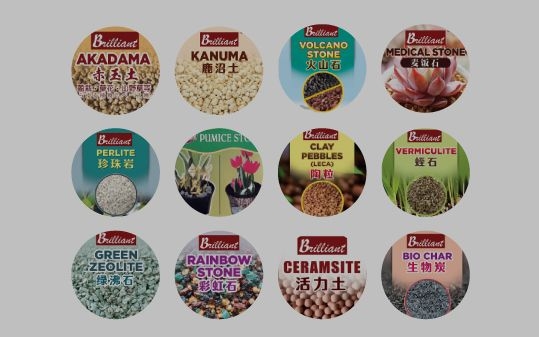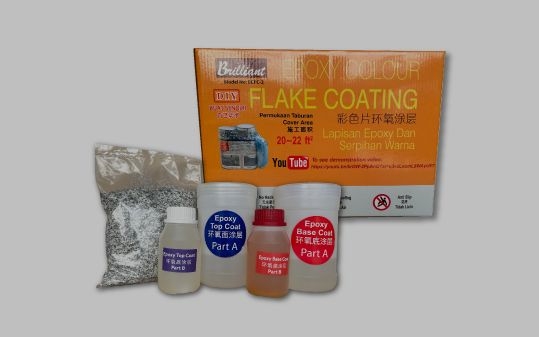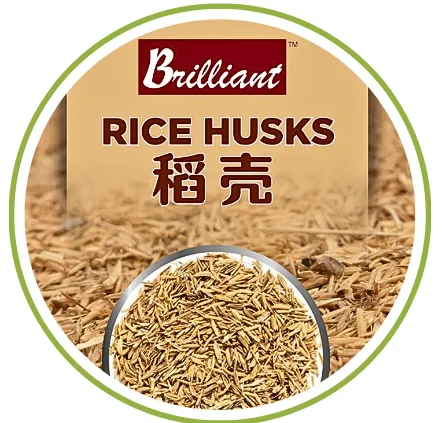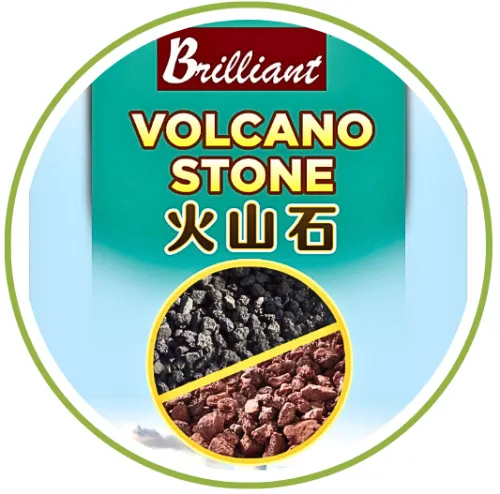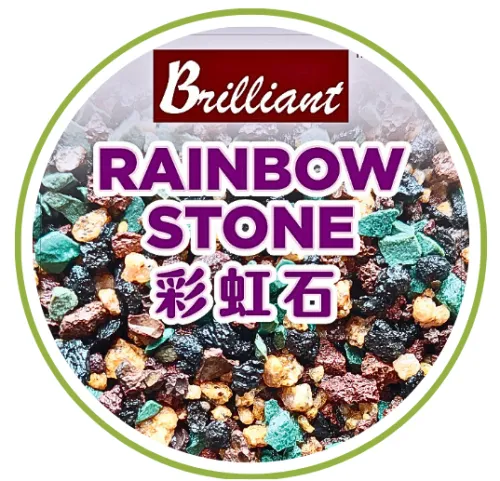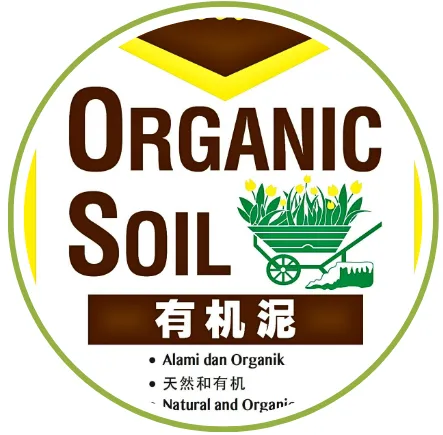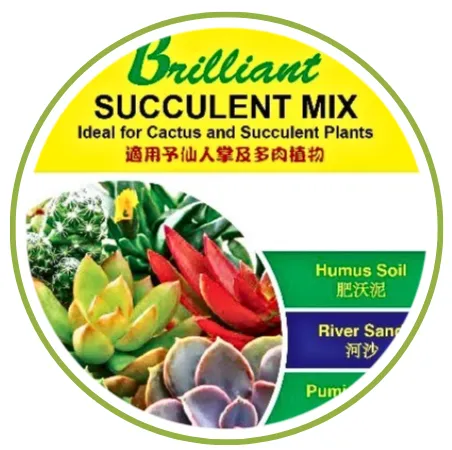''Rice husk'' helps in building up soil organic matter, thus enhancing nutrient
Sekam Padi
Sekam Padi membantu membina bahan organik tanah, sehingga meningkatkan daya tahan nutrien dan daya tahan air.
retention and water-holding capacity.
Sekam Padi
Sekam Padi membantu membina bahan organik tanah, sehingga meningkatkan daya tahan nutrien dan daya tahan air.
''稻壳'' 有助于建立土壤有机质,从而增强养分保留能力和保水能力。
Please contact office for more details about the price and delivery. Thanks!
请联络本公司询问更多关于价钱和运输的详情。谢谢!
Please contact office for more details about the price and delivery. Thanks!
请联络本公司询问更多关于价钱和运输的详情。谢谢!
Rice Husks 稻壳(30 kgs)
Inquiry - Rice Husks 稻壳(30 kgs)

